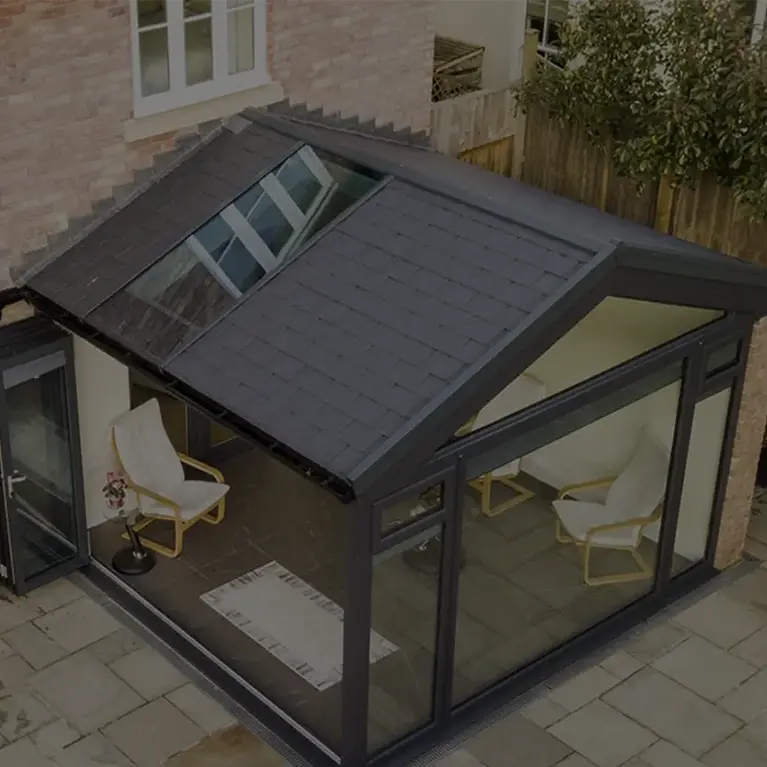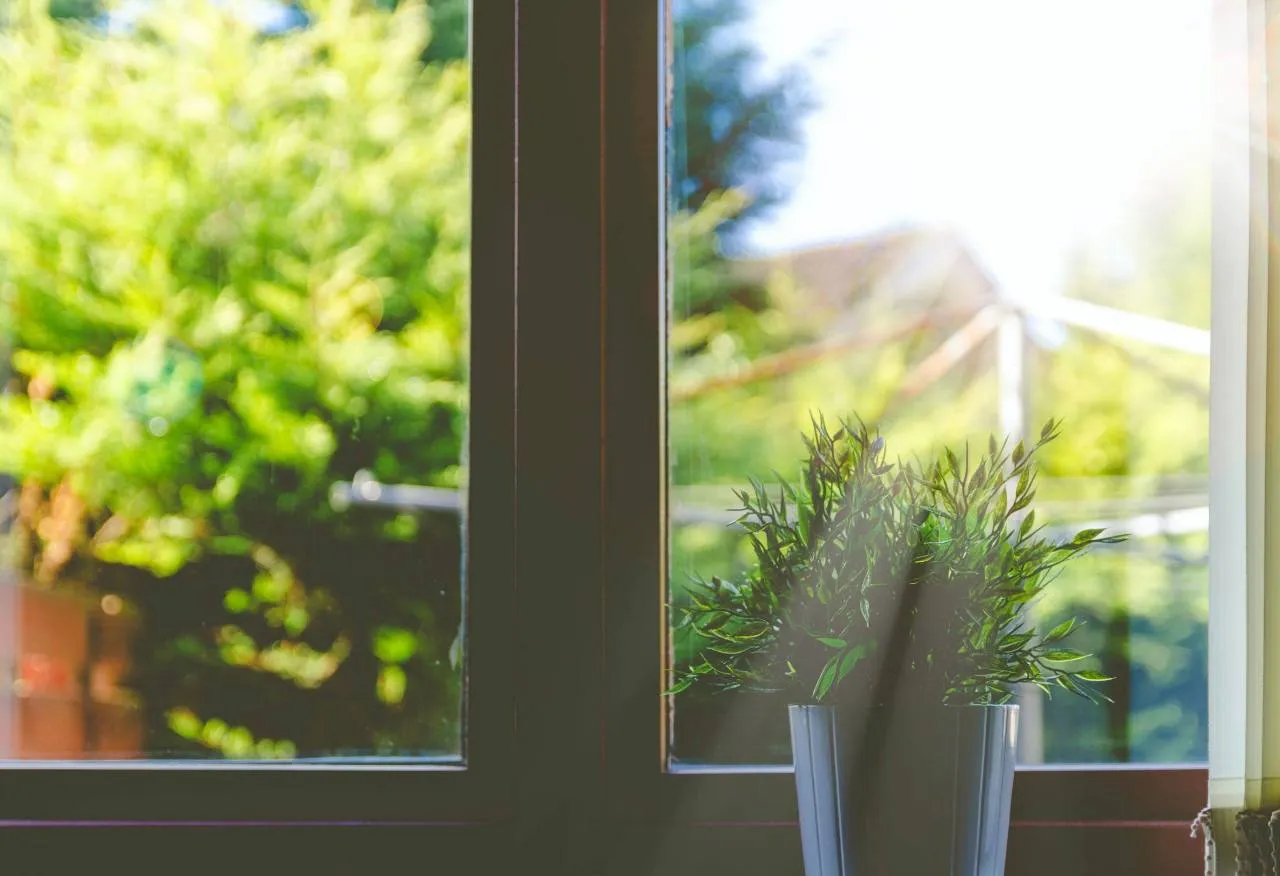When you’re choosing new windows for your home, it can be confusing to select from an array of styles, materials, features, environmental benefits, and costs. In general, most homeowners crave windows that help to keep the heat in and the cold and noise out, while maintaining excellent aesthetics – and, of course, at the best value!
You’ll almost certainly have heard of uPVC windows – the nation’s go-to for replacement double glazing. However, composite windows are also a viable choice for many homeowners, so what is the difference between composite and uPVC windows?
uPVC Windows
uPVC – unplasticised polyvinyl chloride – is a type of plastic that is utilised for windows, doors, facias, and soffits, and is an extremely popular choice across the world in construction projects. uPVC is durable and weatherproof, making it an excellent substitute for wood and aluminium, which require annual maintenance to prevent weathering. uPVC window frames benefit from a galvanised steel core to create strength, so problems such as warping and rust are eliminated. uPVC is traditionally thought of as being white, but a huge range of colours is now routinely available in both modern look and traditional look finishes.
Advantages Of uPVC windows:
- Easily customisable and cost-effective.
- Excellent resistance to the weather prevents wear, distortion, or discolouration.
- Effective insulation, with the option of using different inert gases or coatings.
- Reduces energy costs and keeps the home warm.
- Robust security protects the home and its occupiers from criminality.
- Incredibly low maintenance, with regular cleaning the only necessary task to keep them in optimum condition.
- May be vented, if required, to provide a free-flowing supply of fresh air into the home.
Composite Windows
Composite windows blend an attractive appearance with effective insulation and durability. A timber internal frame offers the charm of a wood finish, particularly suited to older or character properties, but has a weatherproof cladding on the outside to protect the double-glazed unit from the effects of the weather. A composite window, therefore, delivers high performance and impressive aesthetics, while also being durable and low maintenance.
Advantages Of Composite Windows:
- The wooden internal frame creates a charming ambience particularly appropriate for some types of home.
- Offers the strength and durability of wooden frames, without the problem of weathering.
- Impact resistant, so less likely to be damaged by high winds and hail.
- Like uPVC, composite windows are low maintenance and easy to clean.
- While more expensive initially, composite windows achieve excellent cost-efficiency over their lifetime due to their high energy-efficiency rating.
- Stylish and eye-catching, and likely to increase the value of your home.
Speak To One Of Our Windows Experts
At Harveys Windows, we pride ourselves on supplying and installing energy-efficient, strong, and long-lasting windows to homeowners in and around Leicester, and can provide expert advice to help you decide whether to choose uPVC or composite windows for your home.
To find out more, please download our free brochure or call us on 0116 497 6188 to arrange a no-obligation quotation.
Image Source: Unsplash


